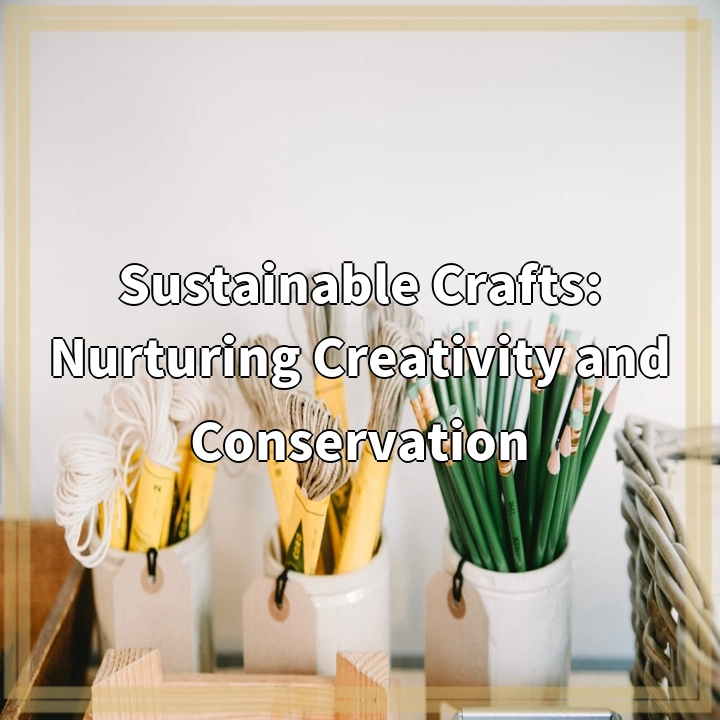
What is Sustainable Approaches in Theatre Production?
Sustainable approaches in theatre production refer to the adoption of environmentally conscious practices, materials, and strategies to minimize the negative impact of theatrical performances on the environment. This includes reducing energy consumption, waste generation, and carbon emissions, as well as promoting the use of sustainable materials and engaging in responsible production processes.
Real-World Problems
Embracing sustainable approaches in theatre production is essential due to several real-world problems that the industry faces. These challenges include:
1. High energy consumption:
Theatres traditionally consume significant amounts of energy for lighting, heating, and cooling. This contributes to greenhouse gas emissions and adds to the overall carbon footprint of the industry.
2. Excessive waste generation:
The production processes in theatre often result in large amounts of waste, including set materials, props, costumes, and promotional materials. Without proper waste management practices, this waste ends up in landfills, contributing to environmental pollution.
3. Use of non-sustainable materials:
Many theatre productions rely on the use of non-sustainable materials, such as single-use plastics, toxic paints, and non-recyclable set components. These materials not only harm the environment during production but also contribute to pollution and waste generation once the production is over.
4. Lack of awareness and education:
There is often a lack of awareness and education regarding sustainable practices within the theatre industry. Many theatre professionals may not be aware of the potential environmental impact of their practices or may be unaware of alternative sustainable approaches that can be adopted.
5. Limited budgetary constraints:
Theatres, especially smaller ones, often have limited budgets, making it challenging to invest in sustainable infrastructure and materials. This can discourage the adoption of sustainable approaches in favour of more cost-effective but environmentally damaging alternatives.

Solutions for Sustainable Approaches in Theatre Production
To address the real-world problems associated with sustainable approaches in theatre production, several solutions can be implemented. These solutions include:
1. Energy-efficient practices:
Implementing energy-efficient practices such as LED lighting, energy management systems, and efficient heating and cooling systems can significantly reduce energy consumption in theatres.
2. Sustainable waste management:
Adopting proper waste management practices, such as recycling and reusing sets and props, can minimize waste generation. Additionally, using environmentally friendly materials and promoting recycling and composting backstage can further reduce environmental impact.
3. Embrace sustainable materials:
By sourcing sustainable and eco-friendly materials for set construction, costumes, and props, theatres can reduce their environmental footprint. This includes using recycled or repurposed materials and opting for non-toxic paints and glues.
4. Education and awareness:
Raising awareness and providing education about sustainable practices is crucial in the theatre industry. This can be done through workshops, training sessions, and sharing best practices. Encouraging collaboration and knowledge sharing among theatre professionals can also drive the adoption of sustainable approaches.
5. Seek funding and partnerships:
Theatre companies can explore funding opportunities, grants, and sponsorships specifically targeted towards sustainability projects. Building partnerships with organizations and institutions that promote environmental initiatives can also provide resources and support for implementing sustainable practices.
6. Advocacy and industry standards:
The theatre industry as a whole can advocate for sustainability and work towards developing industry-wide standards for environmentally friendly practices. This can include collaborating with industry associations, advocating for policy changes, and implementing green certification programs for theatres.















